Find Help
More Items From Ergsy search
-
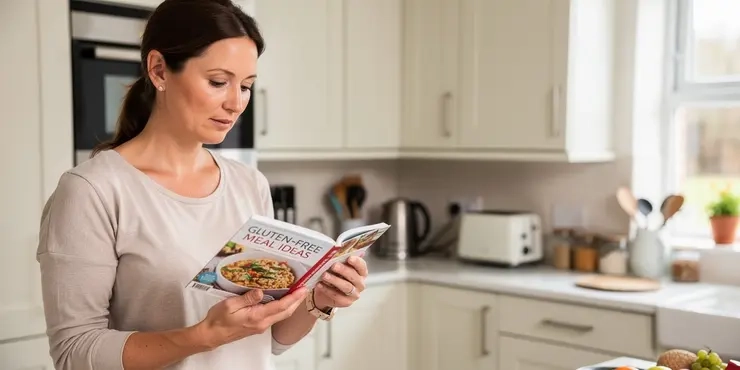
Living Well with Coeliac Disease
Relevance: 100%
-
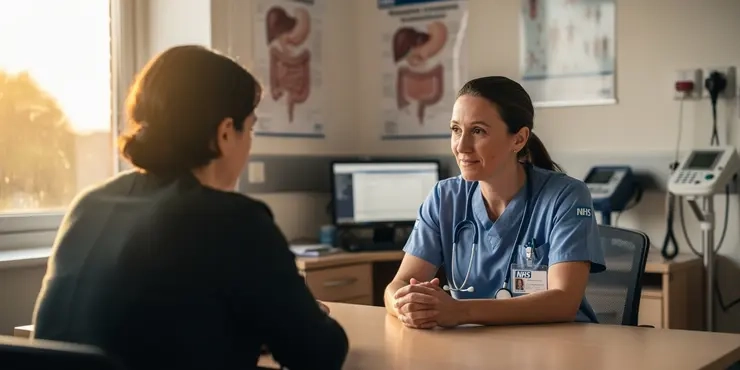
Coeliac disease
Relevance: 73%
-
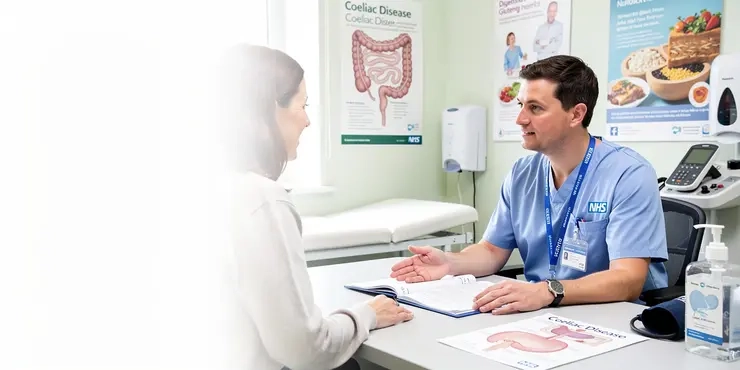
Coeliac Disease: Session 1: What is Coeliac Disease?
Relevance: 71%
-
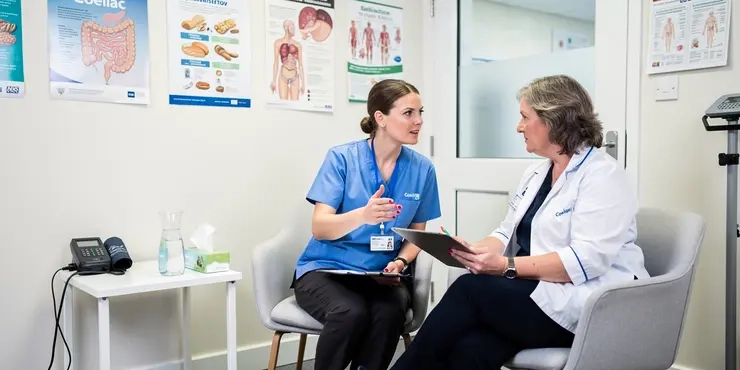
Causes of coeliac disease
Relevance: 66%
-
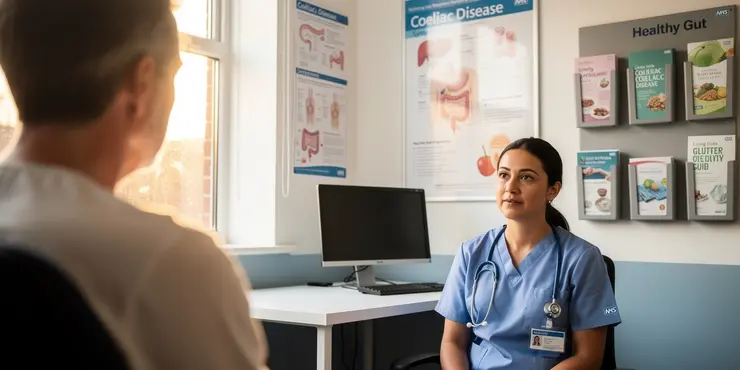
Symptoms of coeliac disease
Relevance: 63%
-
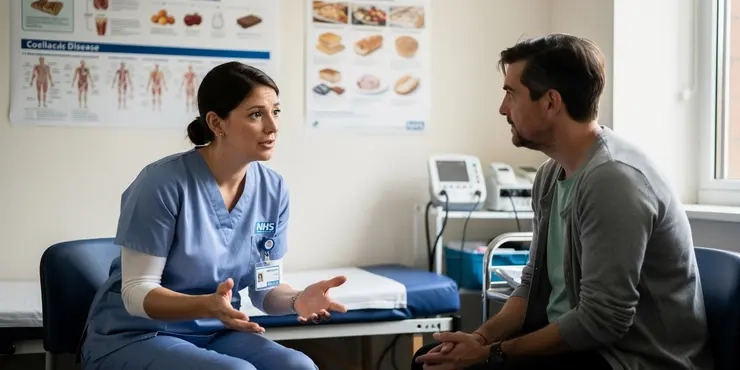
NHSGGC - What is Coeliac Disease?
Relevance: 62%
-
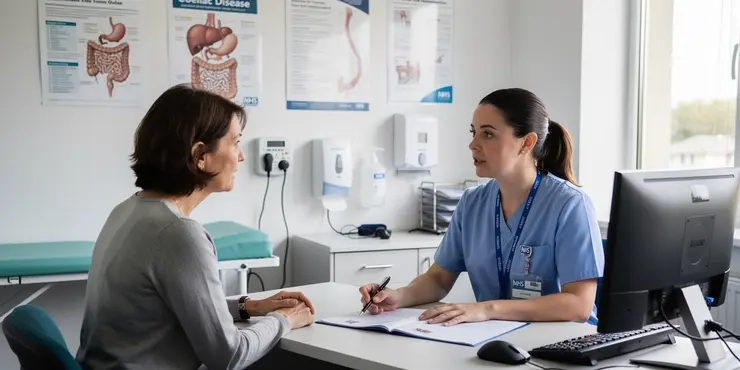
Diagnosing Coeliac Disease Updated 2021
Relevance: 61%
-
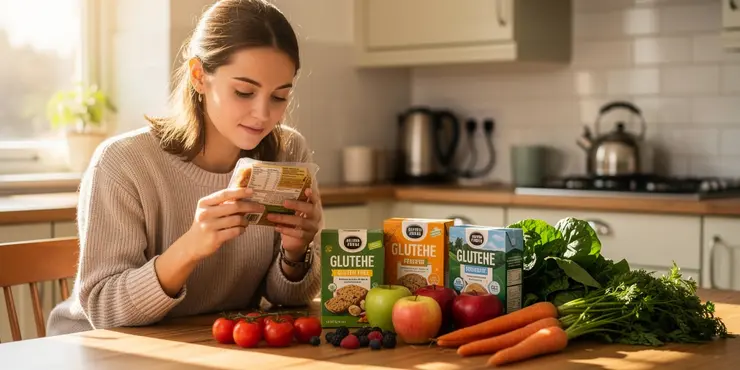
Coeliac Disease: The gluten free diet
Relevance: 60%
-
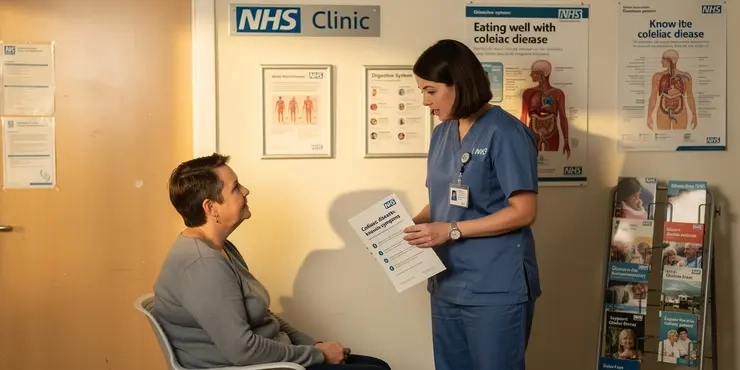
Coeliac Disease Explained - Gluten Sensitivity - A to Z of the NHS - Dr Gill
Relevance: 58%
-
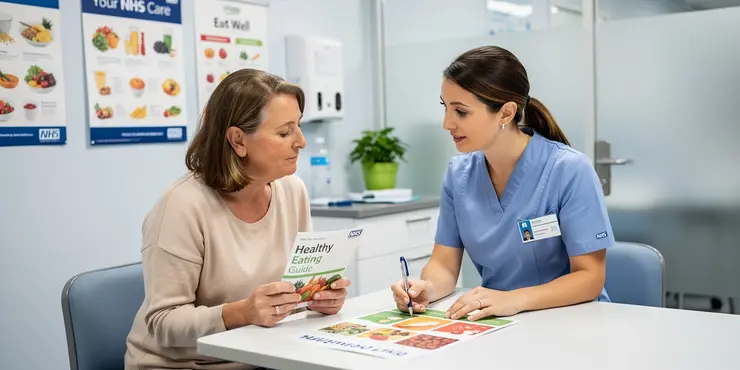
Living with early stage kidney disease
Relevance: 35%
-
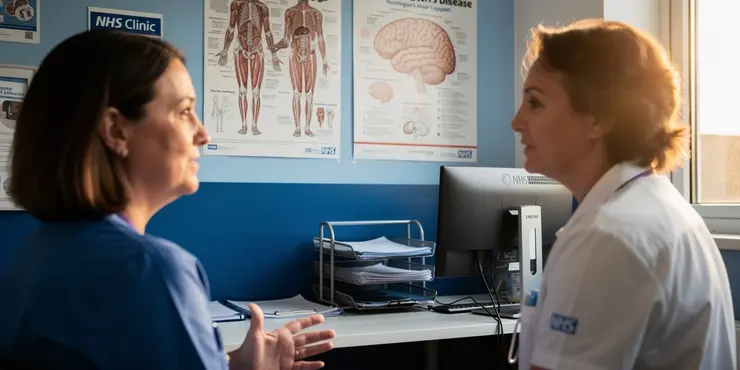
What is Huntington's disease?
Relevance: 25%
-
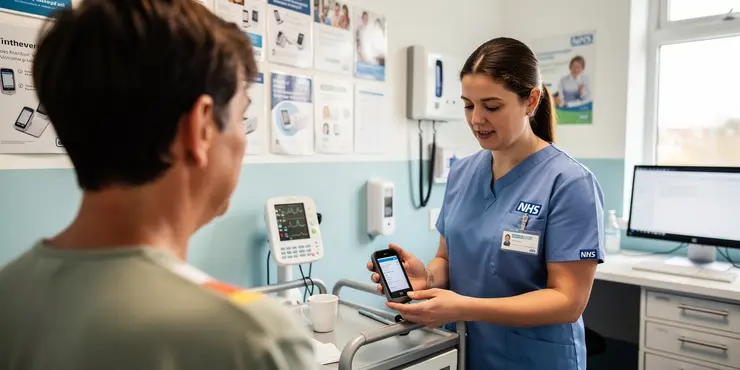
Voice banking service helps people live with motor neurone disease
Relevance: 25%
-
Living with dementia | NHS
Relevance: 24%
-
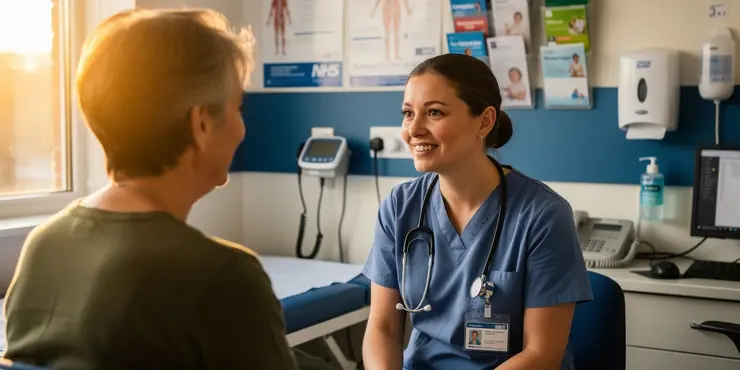
Can mosquito screens be used on doors as well?
Relevance: 23%
-
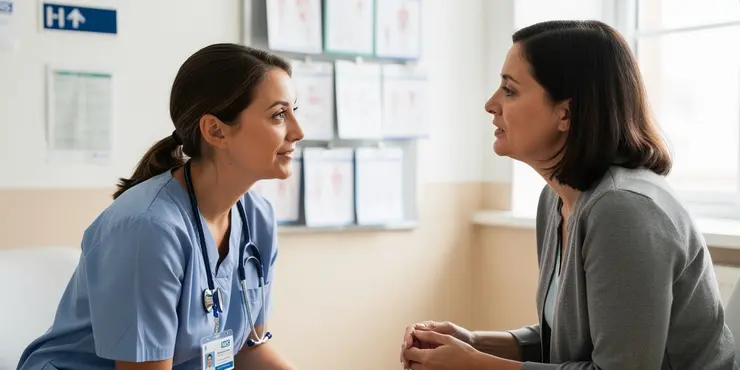
Is Huntington's disease fatal?
Relevance: 23%
-
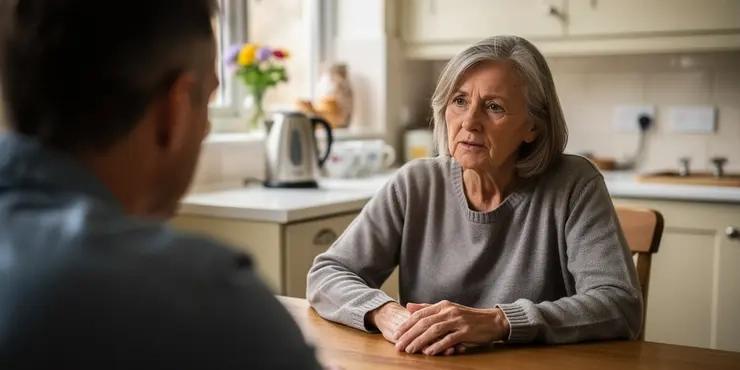
Parkinson's disease: Karen's story | NHS
Relevance: 23%
-
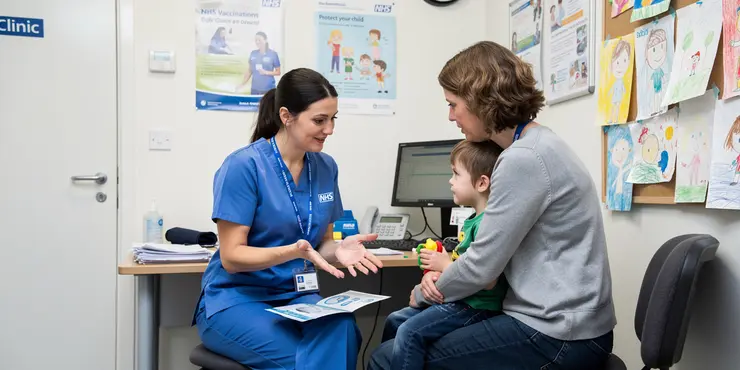
Can vaccines cause the diseases they protect against?
Relevance: 23%
-
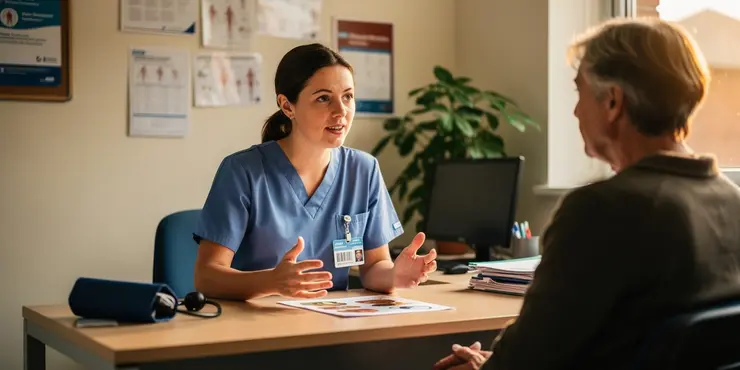
What is the best diet for Crohn’s disease?
Relevance: 23%
-
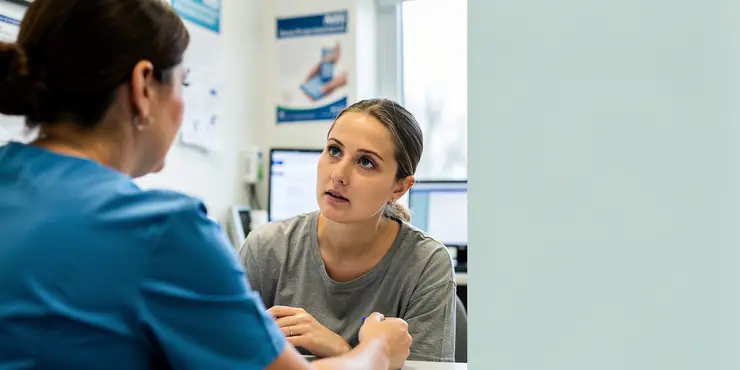
How often is the National Living Wage reviewed?
Relevance: 23%
-
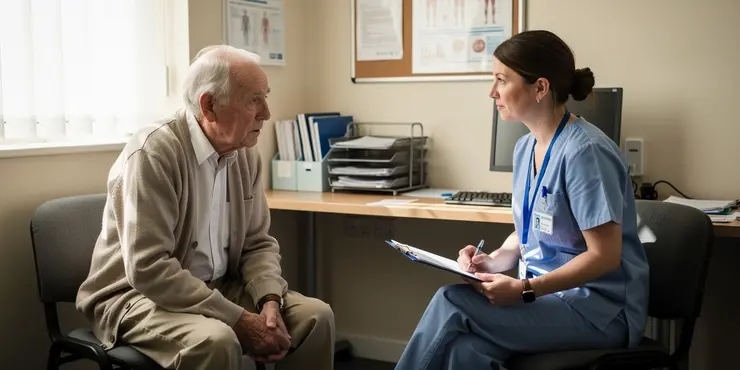
Who is at risk of developing Alzheimer's disease?
Relevance: 23%
-
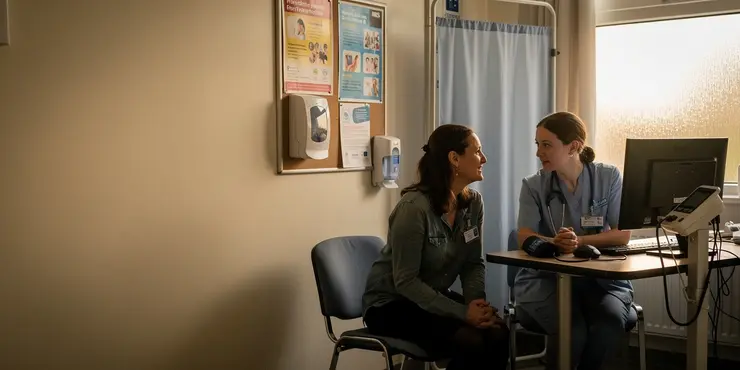
Is Crohn's disease contagious?
Relevance: 22%
-
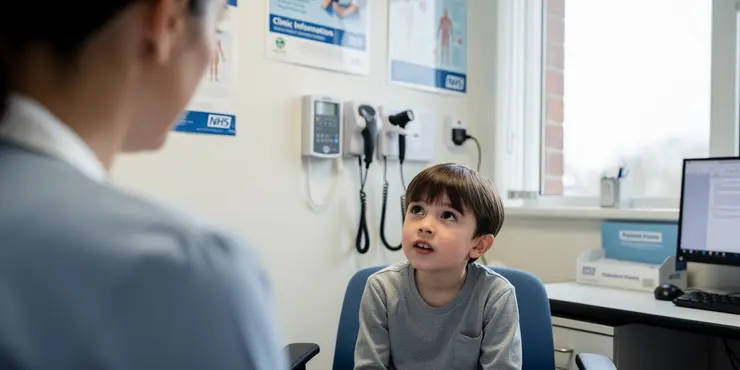
Can children develop Crohn's disease?
Relevance: 22%
-
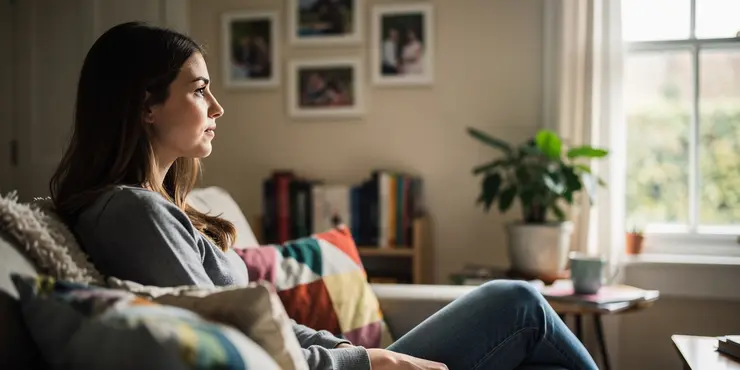
Living with Bipolar Disorder
Relevance: 22%
-
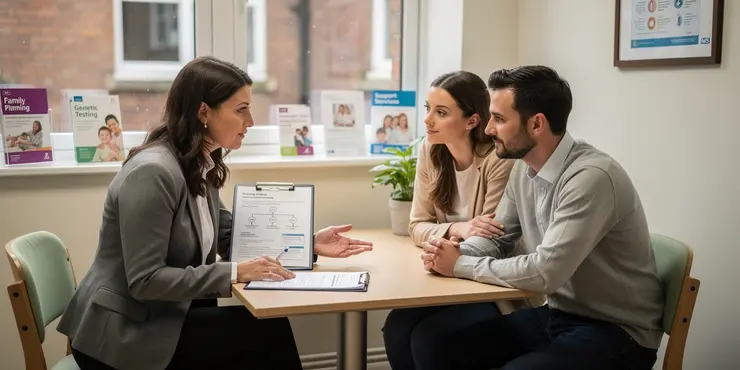
Can Huntington's disease be prevented?
Relevance: 22%
-
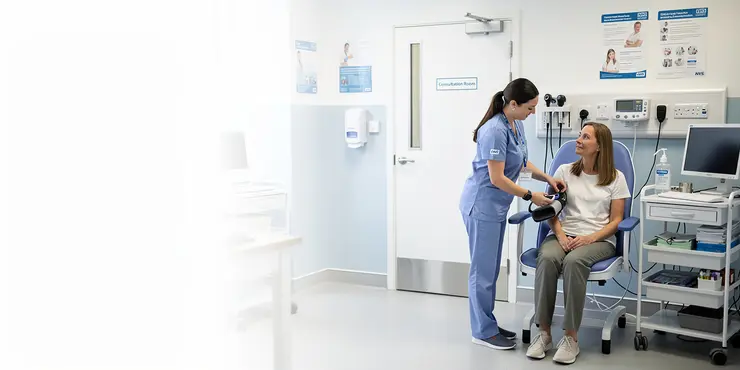
Is the Living Wage Foundation's rate the same as the National Living Wage?
Relevance: 22%
-
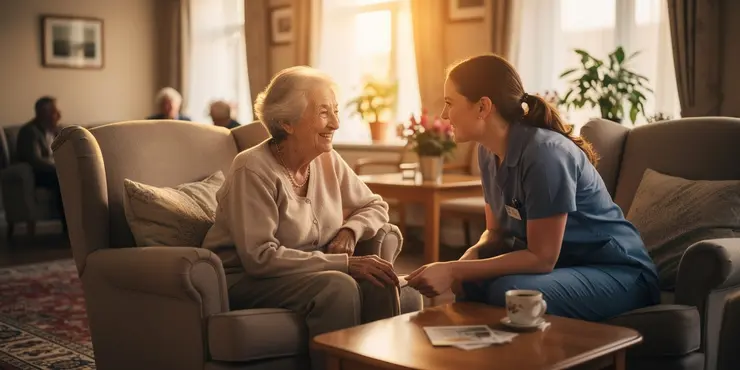
Who can live in a care home?
Relevance: 22%
-
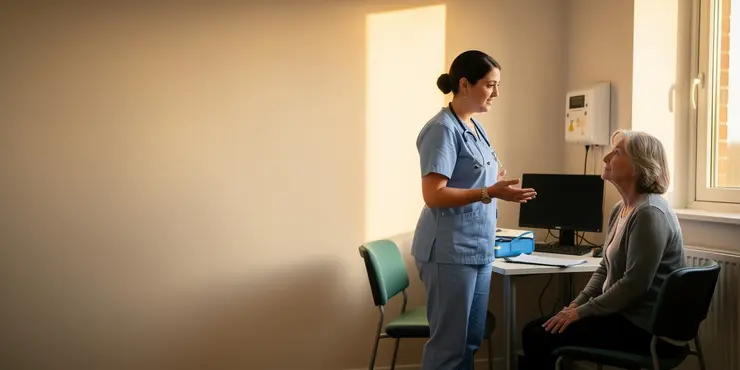
What causes Crohn's disease?
Relevance: 22%
-
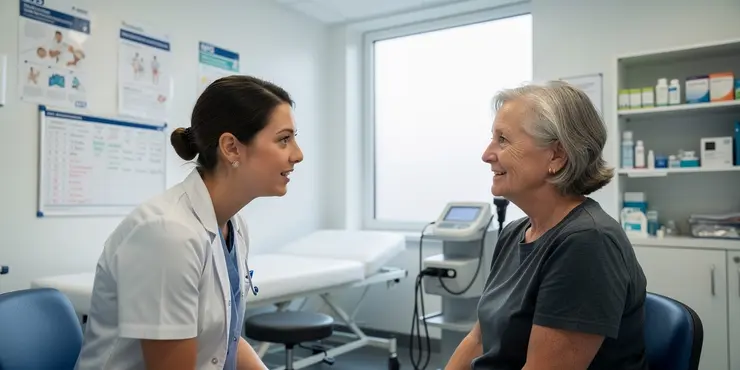
Is there a cure for Crohn's disease?
Relevance: 21%
-
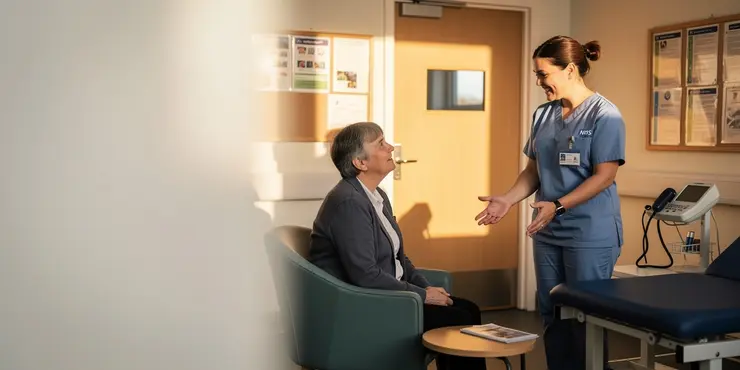
Introduction to Sickle cell disease
Relevance: 21%
-
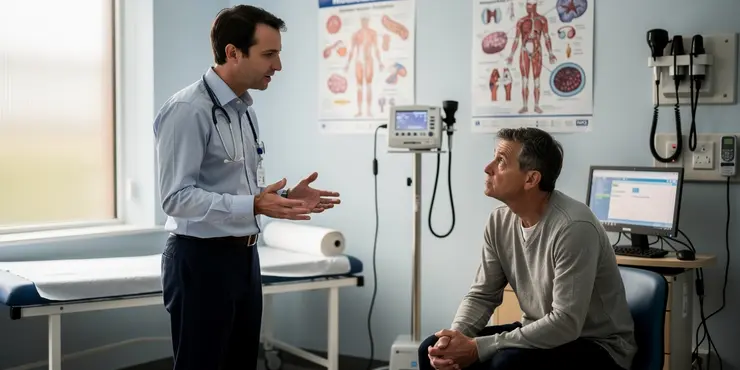
What is Mitochondrial disease?
Relevance: 21%
-
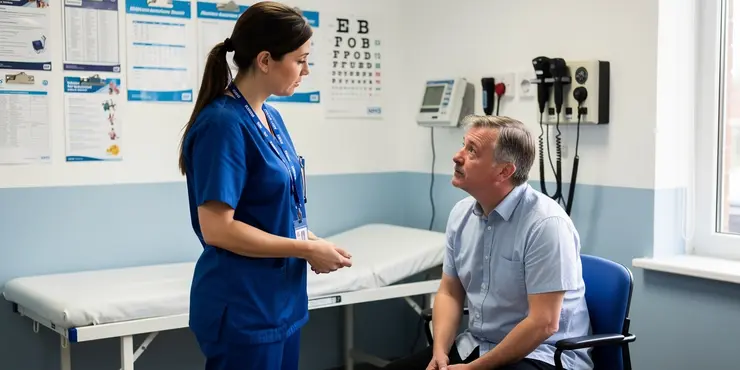
What is motor neurone disease?
Relevance: 21%
-
What is Parkinson's disease?
Relevance: 21%
-
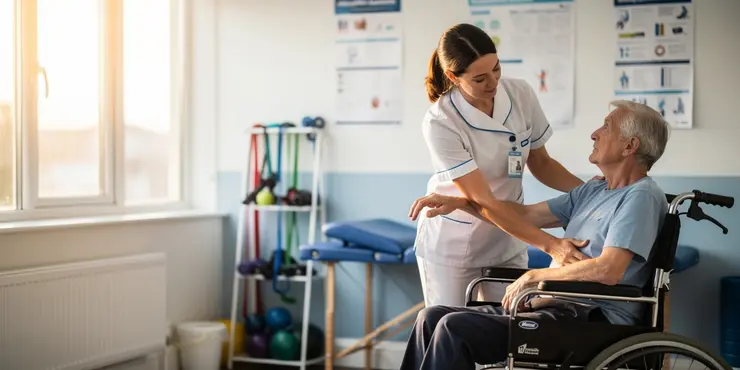
What treatments are available for motor neurone disease?
Relevance: 21%
-
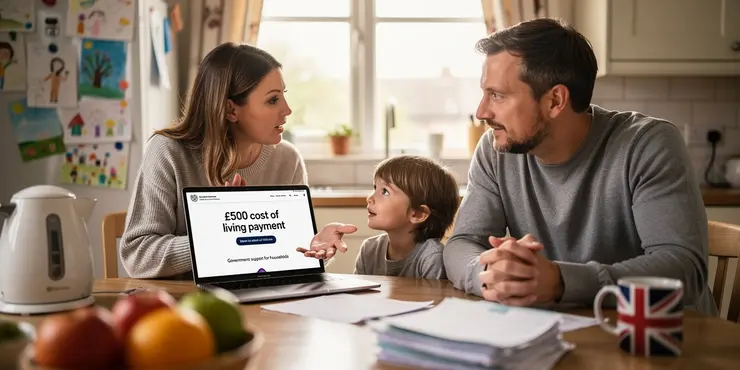
Is the £500 cost of living payment taxable?
Relevance: 21%
-

Can I file my state taxes online as well?
Relevance: 21%
-
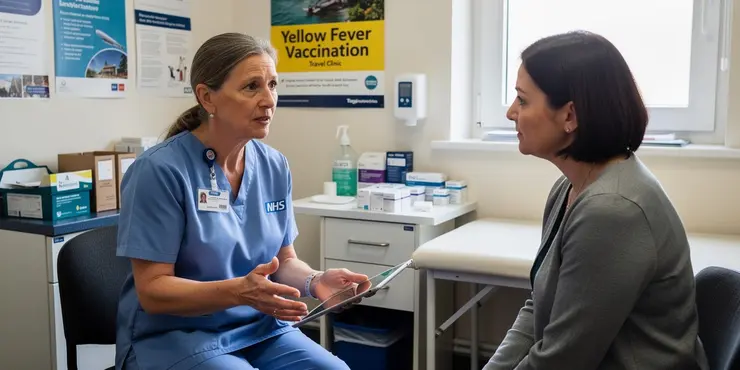
Are any vaccines available in the UK for mosquito-borne diseases?
Relevance: 21%
-
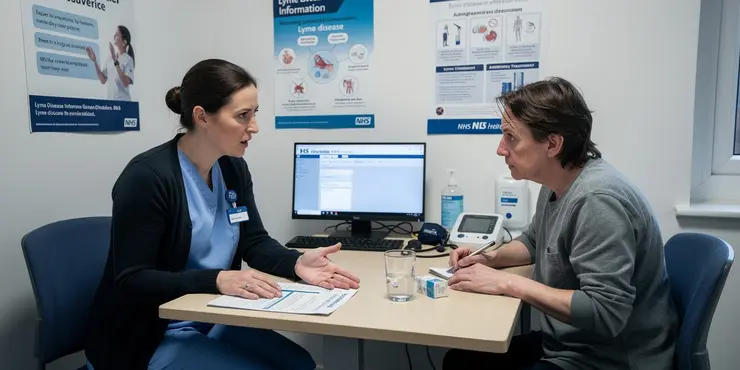
How effective are antibiotics in treating Lyme disease?
Relevance: 21%
-
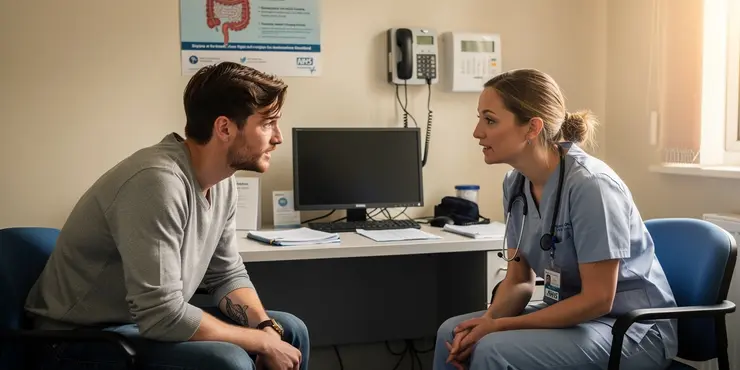
What is Crohn’s disease and how is it treated?
Relevance: 21%
-
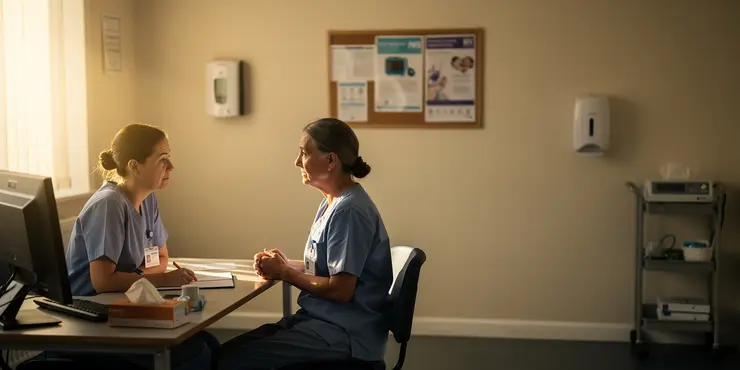
Can Huntington's disease be cured?
Relevance: 21%
-
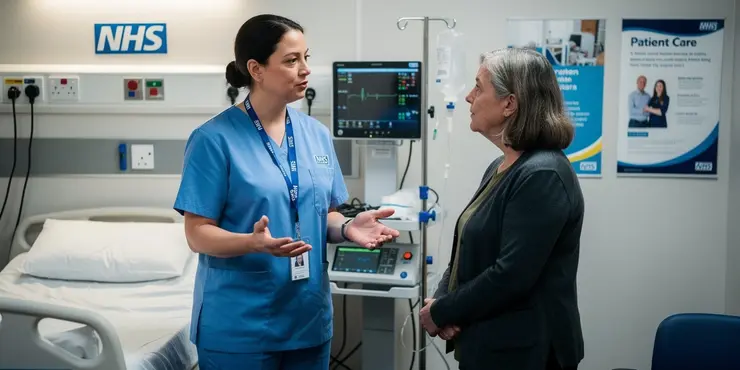
Is flesh-eating disease contagious?
Relevance: 21%
Living Well with Coeliac Disease
Understanding Coeliac Disease
Coeliac disease is an autoimmune condition where the ingestion of gluten leads to damage in the small intestine. If left untreated, the immune response triggered by gluten can cause various health issues, including nutrient deficiencies, osteoporosis, and even neurological problems. It affects approximately 1 in 100 people in the United Kingdom. Early diagnosis and adhering to a strict gluten-free diet are essential to manage this lifelong condition effectively.Maintaining a Gluten-Free Diet
The cornerstone of managing coeliac disease is adopting a gluten-free diet. Gluten is found in wheat, barley, and rye, which means avoiding foods like bread, pasta, cereals, and many processed foods. Thankfully, there is a growing market for gluten-free alternatives. In the UK, supermarkets and restaurants now offer a wider selection of gluten-free products. Always check labels for hidden sources of gluten and look for the "crossed grain" symbol to ensure safety.Dining Out and Socializing
Eating out or attending social events can be challenging for those with coeliac disease, but it is manageable with the right precautions. Many restaurants in the UK are becoming more aware of gluten-free requirements and offer dedicated menus. It's advisable to inform the restaurant staff about your condition and ask about preparation methods to avoid cross-contamination. For social gatherings, consider bringing your own gluten-free dish to ensure you have a safe option available.Health and Nutritional Considerations
Living with coeliac disease requires regular monitoring of your health. Regular check-ups with your healthcare provider are crucial to ensure that your gluten-free diet is effective and that you are not at risk of nutrient deficiencies. Supplement intake may be recommended, particularly for vitamins and minerals such as iron, calcium, and vitamin D. A balanced, gluten-free diet that includes a variety of fruits, vegetables, lean proteins, and gluten-free grains is key to maintaining overall health.Support Networks and Resources
Living with coeliac disease can feel isolating, but there are numerous resources and support networks available. Coeliac UK is a valuable resource providing information, support, and advocacy for those affected by the disease. Joining a local support group or online community can also offer emotional support, tips, and shared experiences. Staying informed and connected with others who understand your challenges can significantly improve your quality of life. In conclusion, living well with coeliac disease in the UK is entirely feasible with the right knowledge, dietary management, and support systems in place. By being vigilant about your diet and taking advantage of available resources, you can lead a healthy and fulfilling life despite the condition.Living Well with Coeliac Disease
What is Coeliac Disease?
Coeliac disease is when your body reacts badly to gluten. Gluten is a part of foods with wheat, barley, and rye. If you eat gluten, it can hurt your tummy and make you sick. This disease affects about 1 out of every 100 people in the UK. To stay healthy, it's very important to eat foods without gluten. Talk to a doctor to know if you have this disease.Eating Gluten-Free Foods
To feel well with coeliac disease, you must eat gluten-free food. Gluten is in bread, pasta, and cereals. But don't worry! There are now many tasty gluten-free foods you can buy in shops. When shopping, look at labels and find the symbol of a "crossed grain" to make sure the food is safe. These foods don't have gluten.Eating Out and Having Fun
Going to restaurants and parties can be hard if you have coeliac disease. But you can still enjoy it by being careful. Many restaurants know about gluten-free meals. Tell the staff that you can't eat gluten and ask how they cook the food. At parties, you can bring your own gluten-free dish so you can eat safely.Staying Healthy
People with coeliac disease should go to the doctor to check their health. This is important so you have all the vitamins and minerals you need. Sometimes, you might need to take extra vitamins like iron, calcium, and vitamin D. Eat lots of fruits, vegetables, lean meats, and gluten-free grains to stay strong.Help and Support
Having coeliac disease can feel lonely, but there are places to get help. Coeliac UK is a group that helps people with information and support. You can also join a group to meet others with coeliac disease. Talking to others can help you feel better and learn new tips. In the end, living with coeliac disease in the UK can be okay. When you know what to eat and have help, you can stay healthy and happy. Use resources and talk to others to live well with coeliac disease.Frequently Asked Questions
What is coeliac disease?
Coeliac disease is an autoimmune condition where the ingestion of gluten leads to damage in the small intestine. It can cause a range of symptoms and requires a strict gluten-free diet for management.
What are the common symptoms of coeliac disease?
Symptoms include diarrhoea, abdominal pain, bloating, weight loss, fatigue, and even conditions like anaemia and osteoporosis. Some people may also experience neurological symptoms.
How is coeliac disease diagnosed?
Diagnosis usually involves a blood test to look for specific antibodies, followed by a biopsy of the small intestine if the blood test is positive. It is crucial to be on a gluten-containing diet during testing.
Can coeliac disease develop at any age?
Yes, coeliac disease can develop at any age, from childhood to late adulthood.
Is there a cure for coeliac disease?
There is currently no cure for coeliac disease. The only effective treatment is a lifelong strict gluten-free diet.
What foods should be avoided if you have coeliac disease?
Foods containing wheat, barley, rye, and derivatives of these grains should be avoided. This includes many types of bread, pasta, cereals, and processed foods unless they are specifically labelled gluten-free.
Can you still eat oats if you have coeliac disease?
Pure, uncontaminated oats are safe for most people with coeliac disease, but they should be introduced to your diet cautiously, and it's best to consult a healthcare professional.
Are gluten-free products available in the UK?
Yes, gluten-free products are widely available in the UK. Most supermarkets have a dedicated gluten-free section, and there are also many online retailers.
Is it safe to drink alcohol if I have coeliac disease?
Most spirits and wines are gluten-free, but beer and ales made from barley should be avoided unless they are specifically labelled as gluten-free.
Can symptoms persist even after starting a gluten-free diet?
Some people may continue to have symptoms for a while after starting a gluten-free diet as the intestine takes time to heal. If symptoms persist, it’s essential to consult a healthcare professional.
How can I ensure my diet is gluten-free when eating out?
Many restaurants in the UK offer gluten-free options and are aware of coeliac disease. Always inform the staff of your dietary needs and check for cross-contamination.
What are the long-term health risks associated with coeliac disease?
If untreated or managed poorly, coeliac disease can lead to complications such as malnutrition, osteoporosis, infertility, and an increased risk of certain cancers.
Can I get financial support for buying gluten-free foods?
In the UK, some people with coeliac disease may qualify for gluten-free food on prescription, although this varies by NHS Trust. It’s advisable to speak with a healthcare professional regarding eligibility.
Are there support groups for people with coeliac disease in the UK?
Yes, organisations like Coeliac UK offer support, resources, and networking opportunities for individuals with coeliac disease.
Can children with coeliac disease lead a normal life?
With a strict gluten-free diet, children with coeliac disease can lead a normal, healthy life. Education about the disease and dietary management is key.
What is coeliac disease?
Coeliac disease is an illness. It makes it hard for some people to eat certain foods. These foods have something called gluten in them. Gluten is found in wheat, barley, and rye. Eating gluten makes some people feel sick.
When people with coeliac disease eat gluten, it can hurt their stomach. It can make them have a tummy ache or feel very tired. They might also feel sick or be sick.
To feel better, it is important for people with coeliac disease to not eat gluten.
Some helpful tools are:
- Talk to a doctor or nurse for advice.
- Read food labels to see if they have gluten.
- Ask for help from family or friends.
Coeliac disease is a health problem. It happens when eating gluten hurts the small intestine. People with this need to stop eating gluten to feel better.
What are signs of coeliac disease?
Coeliac disease is when your body doesn’t like gluten. Gluten is in foods like bread and pasta.
Here are some signs that you might have coeliac disease:
- Your tummy hurts a lot.
- You feel very tired.
- You have diarrhea often.
- You lose weight without trying.
- You feel sick and often need to vomit.
If you feel like this a lot, it is good to talk to a doctor. They can help you find out if you have coeliac disease.
It can help to keep a diary of what you eat and how you feel. This can make it easier for doctors to help you.
Some signs you might feel are feeling tired, losing weight, tummy pain, loose poo, and feeling full or bloated. You might also have problems like weak bones or not enough iron in your blood. Some people may have problems with their nerves or brain too.
To help understand and remember these signs, you can try to:
- Use pictures to show the signs you might have.
- Ask someone to read this with you and talk about it together.
- Use simple words to practice talking about the signs you see.
How do doctors know if someone has coeliac disease?
Doctors check if you have this problem by doing a blood test. The test looks for special signs (called antibodies) in your blood. If they find these signs, the next step is a small intestine test, called a biopsy.
It is important to eat foods with gluten in them when you are getting tested. Gluten is in foods like bread and pasta.
Getting help from a doctor or talking to someone who knows more can be useful. Try to write down questions you have before seeing the doctor. Ask for support if you need help reading or understanding the information.
Can someone get coeliac disease at any age?
Yes, people can get coeliac disease at any age. This means it can happen to kids and grown-ups.
If you think you might have coeliac disease, talk to a doctor. They can help find out if you have it.
Using pictures and diagrams can help you understand more about coeliac disease.
Yes, coeliac disease can happen to anyone at any age. It can start when you are a child or when you are grown up.
Can coeliac disease be fixed?
There is no cure for coeliac disease yet. This means it can't be made to go away. But people with coeliac disease can feel better by eating a special diet.
Here is how to help:
- Avoid foods with gluten. Gluten is in wheat, rye, and barley.
- Read food labels carefully to check for gluten.
- Cook meals from fresh ingredients to make sure they are gluten-free.
- Ask for help from doctors or dietitians. They can give advice on what foods are safe to eat.
- Use apps or online tools to find gluten-free foods. Some apps can scan barcodes to check if a food contains gluten.
There is no cure for coeliac disease right now. The only way to feel better is to eat a gluten-free diet for your whole life.
What foods should you not eat if you have coeliac disease?
If you have coeliac disease, you should not eat foods that have gluten. Gluten is in:
- Bread
- Pasta
- Cakes
- Biscuits
- Some cereals
These foods can make you feel sick.
To help, you can:
- Read food labels to check if there is gluten.
- Ask a doctor or dietitian for advice.
Do not eat foods with wheat, barley, or rye. This means not eating most bread, pasta, and cereal. Be careful with some snacks and meals because they might have these grains too. Always check for a label that says gluten-free before eating.
Can you eat oats if you have coeliac disease?
People with coeliac disease have to be careful about what they eat. Coeliac disease means your body doesn't like gluten. Gluten is in foods like bread, pasta, and cakes.
Oats are a type of grain. Some people with coeliac disease can eat oats, but some cannot. It is important to make sure the oats do not have gluten in them. This is called "gluten-free" oats.
If you want to eat oats, it is a good idea to talk to your doctor first. They can help you know if it is safe for you.
There are gluten-free oats you can buy at the store. Look for packages that say "Gluten-Free" on them. You can also ask a grown-up to help you find them.
A good way to stay safe is to use a food diary. Write down what you eat and how it makes you feel. This can help you see if oats are okay for you.
Plain oats are safe for most people with coeliac disease. But, you should start eating them carefully. It's a good idea to talk to a doctor.
Can you buy gluten-free foods in the UK?
Yes, you can find gluten-free foods in the UK. Look for special signs in shops or online. These foods are good for people who can't eat gluten.
Here is how you can find gluten-free foods:
- Look for labels that say "gluten-free."
- Ask store staff for help if you can’t find them.
- Use apps or websites that help find gluten-free products.
If you need more help, ask a doctor or a dietitian.
Yes, you can find lots of gluten-free foods in the UK. Big food shops have special places for gluten-free things. You can also buy them on the internet.
Can I drink alcohol if I have coeliac disease?
If you have coeliac disease, some alcohol might make you sick.
Here are some tips to help you:
- Drink alcohol that does not have gluten. For example, you can drink wine or cider.
- Do not drink beer, unless it says gluten-free on the label.
- If you are not sure, ask a doctor or nurse.
You can also use apps or websites that tell you which foods and drinks are safe for coeliac disease.
Most drinks like spirits and wines do not have gluten. But drinks like beer and ales, which are made from barley, should be avoided. You can drink them only if the label says they are gluten-free.
Can symptoms still happen after starting a gluten-free diet?
Sometimes, even after stopping eating gluten, you might still feel unwell. This is because your tummy needs time to get better. If you keep feeling unwell, talk to a doctor.
How can I make sure my food has no gluten when eating out?
Going out to eat can be fun. If you need to eat food with no gluten, here are some tips:
- Check the Menu: Look at the menu before you go. Some places have special meals with no gluten. You can also look online.
- Ask Questions: Talk to the waiter. Ask if the food has gluten. Say you need food with no gluten.
- Tell Them: Let the chef know that you need a gluten-free meal. This helps them be careful.
- Use Apps: There are apps that help you find places with gluten-free food. Try using them.
These tips can help you eat safely with no gluten.
Lots of restaurants in the UK can make food without gluten. They know about coeliac disease. Always tell the staff what you cannot eat. Make sure they keep your food away from gluten.
What health problems can happen if you have coeliac disease for a long time?
If coeliac disease is not taken care of, it can cause big problems. These problems include not getting enough good stuff from food, weak bones, trouble having babies, and a higher chance of getting some types of cancer.
Can I get help to pay for gluten-free foods?
Some people need special foods that do not have gluten. Gluten is found in foods like bread and pasta. If you can't eat gluten, you might need to buy gluten-free foods.
There might be a way to get money help to buy these special foods. You can talk to a doctor or a dietitian. They can tell you what help is available.
Here are some tips to help you:
- Ask your doctor about support programs for special diets.
- Contact local health services for more information.
- Look for community groups that help people with food needs.
In the UK, some people with coeliac disease can get gluten-free food from their doctor. This is different in each area. It's good to talk to a doctor or a nurse to find out if you can get this help.
Can I find groups in the UK that help people with coeliac disease?
Yes! There are groups in the UK that help people who have coeliac disease. These groups can give you advice and support.
You can talk to others who have coeliac disease. They can share tips and stories. You can also learn about foods that are safe to eat.
If you want to find a group, you can ask your doctor for help. You can also look online to find a group near you.
Yes, places like Coeliac UK help people with coeliac disease. They give support, information, and ways to meet others with the same condition.
Can children with coeliac disease live a normal life?
Yes, children with coeliac disease can live a normal life. They just need to eat special foods.
Coeliac disease means their tummy gets upset if they eat food with gluten.
Gluten is in foods like bread, pasta, and cakes.
Children with coeliac disease can eat gluten-free food instead. This will make them feel better.
It's important to tell their teachers and friends so they can help too.
Some tools and tips to help are:
- Check food labels to see if a food is gluten-free.
- Ask a doctor or a dietitian about gluten-free foods.
- Use gluten-free recipes to make meals at home.
If they eat the right foods, children with coeliac disease can do all the things other kids do, like play and go to school.
Children with coeliac disease can be healthy if they follow a special diet with no gluten. Learning about the disease and how to eat the right foods is very important.
Useful Links
This website offers general information and is not a substitute for professional advice.
Always seek guidance from qualified professionals.
If you have any medical concerns or need urgent help, contact a healthcare professional or emergency services immediately.
Some of this content was generated with AI assistance. We’ve done our best to keep it accurate, helpful, and human-friendly.
- Ergsy carfully checks the information in the videos we provide here.
- Videos shown by Youtube after a video has completed, have NOT been reviewed by ERGSY.
- To view, click the arrow in centre of video.
- Most of the videos you find here will have subtitles and/or closed captions available.
- You may need to turn these on, and choose your preferred language.
- Go to the video you'd like to watch.
- If closed captions (CC) are available, settings will be visible on the bottom right of the video player.
- To turn on Captions, click settings .
- To turn off Captions, click settings again.
More Items From Ergsy search
-

Living Well with Coeliac Disease
Relevance: 100%
-

Coeliac disease
Relevance: 73%
-

Coeliac Disease: Session 1: What is Coeliac Disease?
Relevance: 71%
-

Causes of coeliac disease
Relevance: 66%
-

Symptoms of coeliac disease
Relevance: 63%
-

NHSGGC - What is Coeliac Disease?
Relevance: 62%
-

Diagnosing Coeliac Disease Updated 2021
Relevance: 61%
-

Coeliac Disease: The gluten free diet
Relevance: 60%
-

Coeliac Disease Explained - Gluten Sensitivity - A to Z of the NHS - Dr Gill
Relevance: 58%
-

Living with early stage kidney disease
Relevance: 35%
-

What is Huntington's disease?
Relevance: 25%
-

Voice banking service helps people live with motor neurone disease
Relevance: 25%
-
Living with dementia | NHS
Relevance: 24%
-

Can mosquito screens be used on doors as well?
Relevance: 23%
-

Is Huntington's disease fatal?
Relevance: 23%
-

Parkinson's disease: Karen's story | NHS
Relevance: 23%
-

Can vaccines cause the diseases they protect against?
Relevance: 23%
-

What is the best diet for Crohn’s disease?
Relevance: 23%
-

How often is the National Living Wage reviewed?
Relevance: 23%
-

Who is at risk of developing Alzheimer's disease?
Relevance: 23%
-

Is Crohn's disease contagious?
Relevance: 22%
-

Can children develop Crohn's disease?
Relevance: 22%
-

Living with Bipolar Disorder
Relevance: 22%
-

Can Huntington's disease be prevented?
Relevance: 22%
-

Is the Living Wage Foundation's rate the same as the National Living Wage?
Relevance: 22%
-

Who can live in a care home?
Relevance: 22%
-

What causes Crohn's disease?
Relevance: 22%
-

Is there a cure for Crohn's disease?
Relevance: 21%
-

Introduction to Sickle cell disease
Relevance: 21%
-

What is Mitochondrial disease?
Relevance: 21%
-

What is motor neurone disease?
Relevance: 21%
-
What is Parkinson's disease?
Relevance: 21%
-

What treatments are available for motor neurone disease?
Relevance: 21%
-

Is the £500 cost of living payment taxable?
Relevance: 21%
-

Can I file my state taxes online as well?
Relevance: 21%
-

Are any vaccines available in the UK for mosquito-borne diseases?
Relevance: 21%
-

How effective are antibiotics in treating Lyme disease?
Relevance: 21%
-

What is Crohn’s disease and how is it treated?
Relevance: 21%
-

Can Huntington's disease be cured?
Relevance: 21%
-

Is flesh-eating disease contagious?
Relevance: 21%


